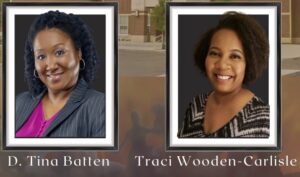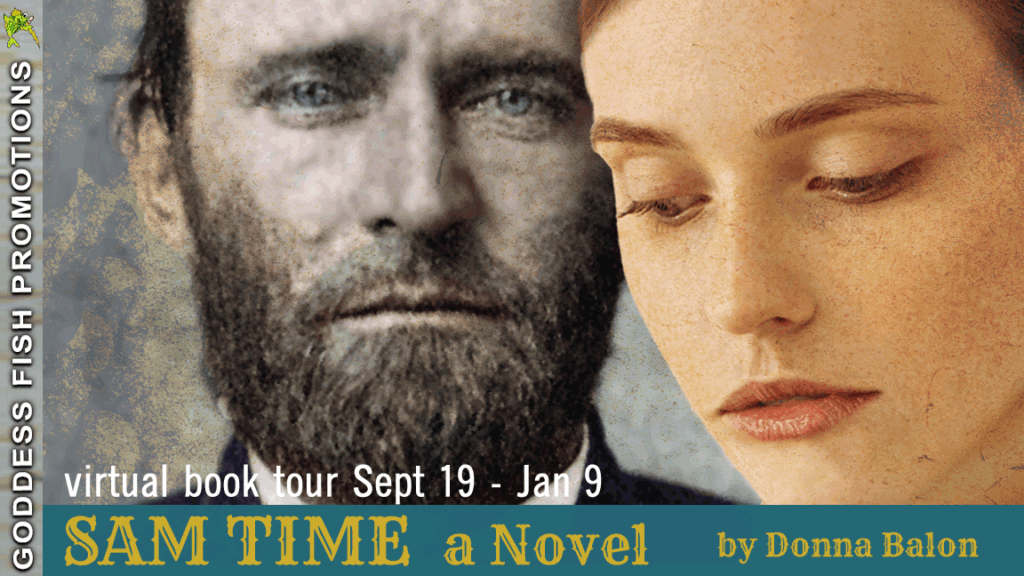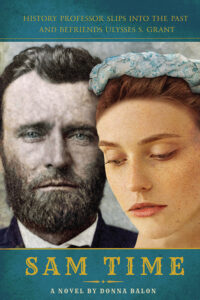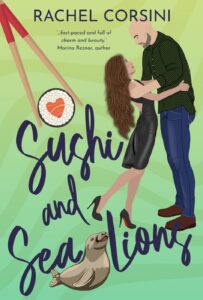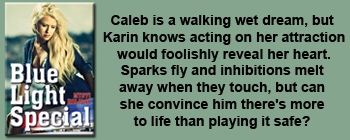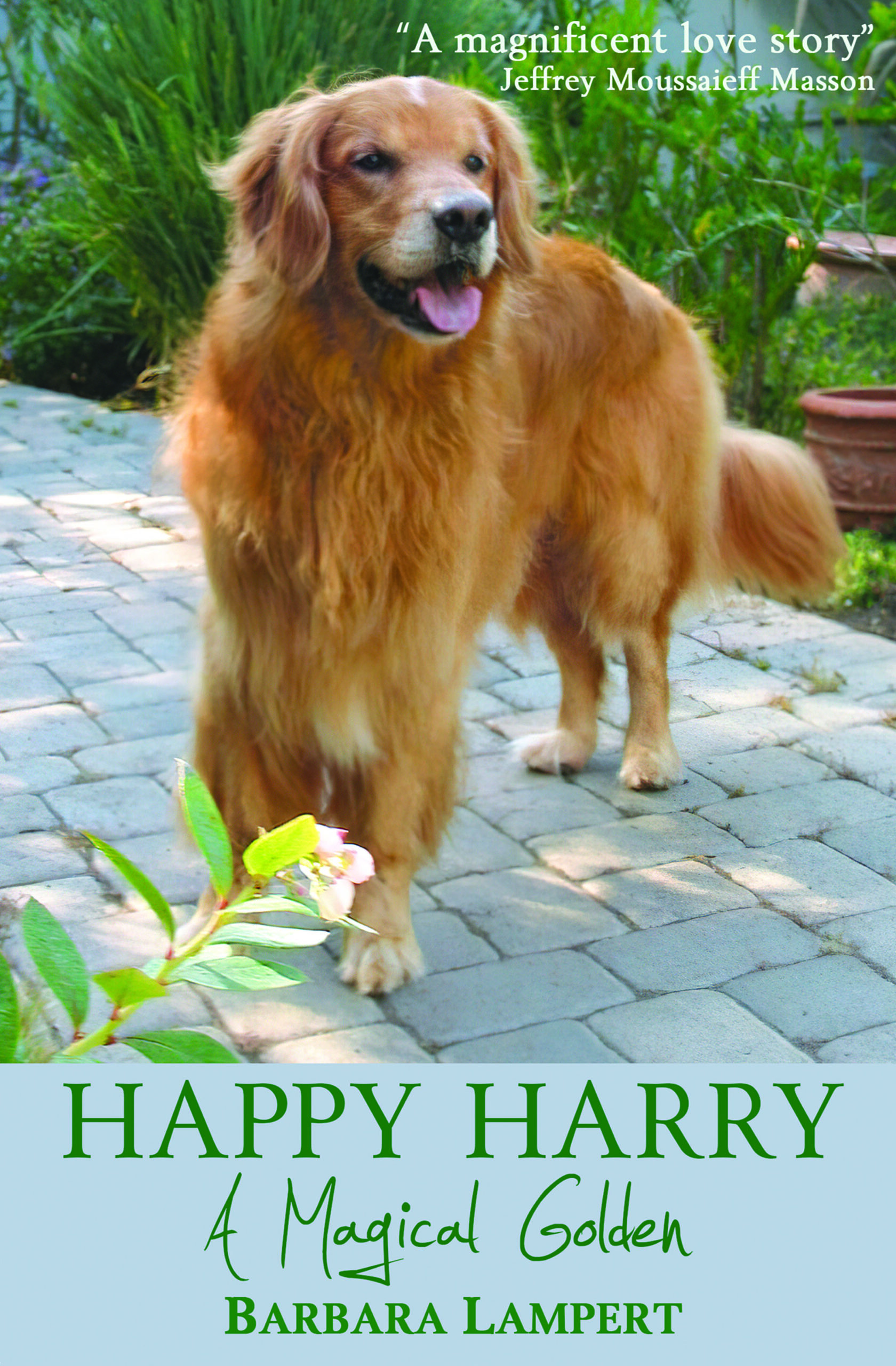Welcome to the Launch Day Book Blast for EXILES, a Literary Fiction/Coming of Age by L.J. Ambrosio, organized by Goddess Fish Promotions. The author will award a $20 Amazon/BN GC, an autographed copy of the book, or a dragonfly necklace to three randomly drawn winners. Click on the tour banner to see the other stops on the tour.
In this final chapter, Ron’s story concludes from Reflections on the Boulevard (2023). Michael’s wish was for Ron to exile himself in the heart of Paris with its beautiful culture and citizens as they protest and fight for the soul of the city. Ron’s journey is met with life-affirming friendships and lessons along the way. The final book in the Reflections of Michael Trilogy, which started with A Reservoir Man (2022).
Enjoy an Excerpt
A cool autumn breeze, in the twilight, wrapped around our exile who sat on a bench in front of a bookstore that resembled a place we might find in a Tolkien novel. On this street, rue de la Buccheri, was the bookstore Shakespeare and Company. The store itself was famous for housing the books of many great literary artists on their shelves. They also supported any young or old artistic vagabonds by allowing them to sleep in the aisles of the bookstore on makeshift beds when finding themselves homeless.
Ron, who managed the store, sat on this bench every evening thinking of Michael. Ron thought of things he remembered and how much he learnt from Michael. He felt the emptiness in his soul, yearning to have that connection just one more time. He had lived in Paris for six years now, a brief time for an exile, yet he was free from a society drowning in untruths; his refuge was the bookstore.
Just like every night, as Ron prepared to close the store, he occasionally checked the front of the store, looking for his friend. Then, he noticed another young man still looking at books on the outside shelves.
Ron moved outside to get a closer look at the late customer under the guise of moving the outdoor book bins back inside. He suddenly noticed that the young man was putting a book down his pants.
Ron raised his voice and shouted for the thief to put the book back on the shelf. The young man, caught in the act, ran away.
The young man sprinted and tripped while running past the café. In this stumble, he decided to turn the corner and make his way rapidly toward la Seine.
About the Author:
Louis J. Ambrosio ran one of the most nurturing bi-coastal talent agencies in Los Angeles and New York. He started his career as a theatrical producer, running two major regional theaters for eight seasons. Ambrosio taught at 7 Universities. Ambrosio also distinguished himself as an award-winning film producer and novelist over the course of his impressive career.



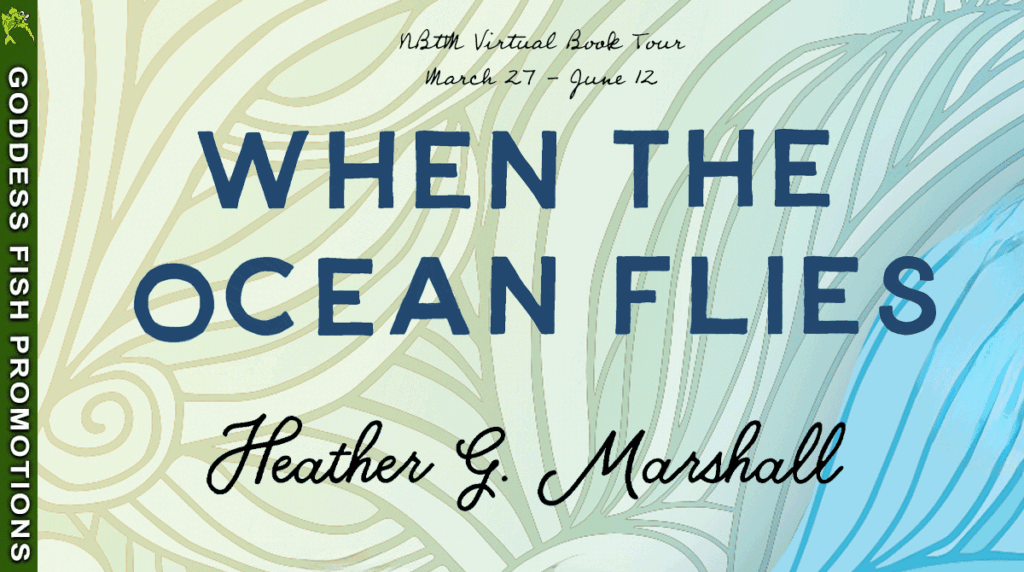
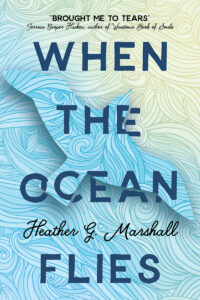




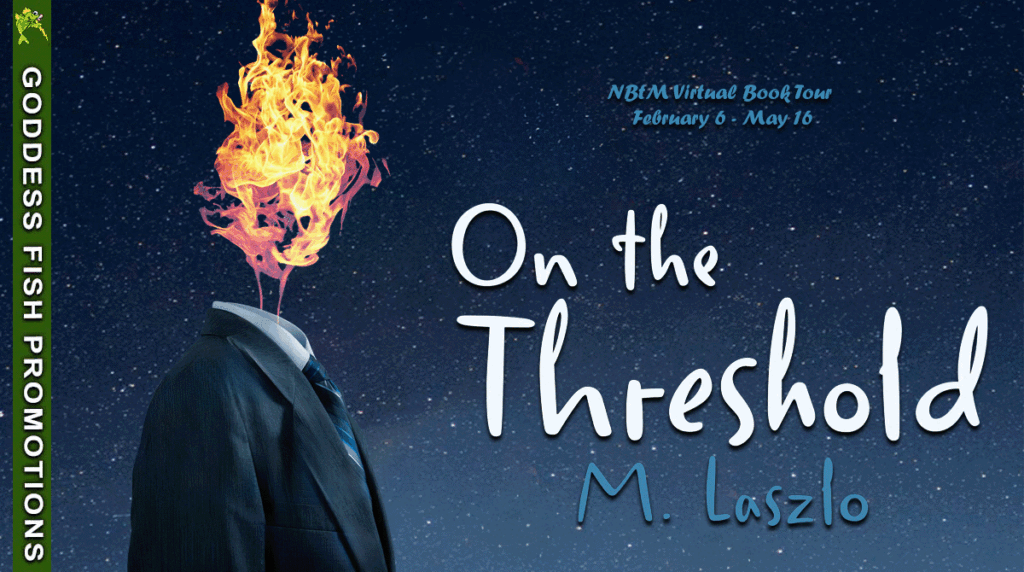
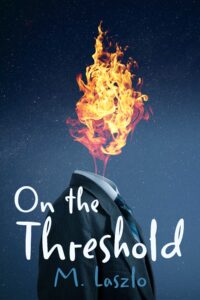 Obsessed with learning the origins of the cosmos, the actual meaning of life, and the true purpose of civilization, a fine Scotsman named Fingal T. Smyth dedicates himself to the study of Plato’s most extraordinary ideas. Convinced of Plato’s belief that humankind possesses any and all innate knowledge deep within the collective unconscious mind, Fingal soon conducts a series of bold, pioneering occult-science experiments by which to resolve the riddle of the universe once and for all. However, Fingal forgets how violent and perilous the animal impulses that reside in the deepest recesses of the unconscious mind. And when Fingal unleashes a mysterious avatar of his innate knowledge, the entity appears as a burning man and immediately seeks to manipulate innocent and unsuspecting people everywhere into immolating themselves. Now, with little hope of returning the fiery figure into his being, Fingal must capture his nemesis before it destroys the world.
Obsessed with learning the origins of the cosmos, the actual meaning of life, and the true purpose of civilization, a fine Scotsman named Fingal T. Smyth dedicates himself to the study of Plato’s most extraordinary ideas. Convinced of Plato’s belief that humankind possesses any and all innate knowledge deep within the collective unconscious mind, Fingal soon conducts a series of bold, pioneering occult-science experiments by which to resolve the riddle of the universe once and for all. However, Fingal forgets how violent and perilous the animal impulses that reside in the deepest recesses of the unconscious mind. And when Fingal unleashes a mysterious avatar of his innate knowledge, the entity appears as a burning man and immediately seeks to manipulate innocent and unsuspecting people everywhere into immolating themselves. Now, with little hope of returning the fiery figure into his being, Fingal must capture his nemesis before it destroys the world.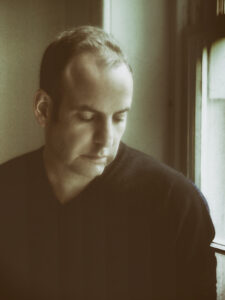
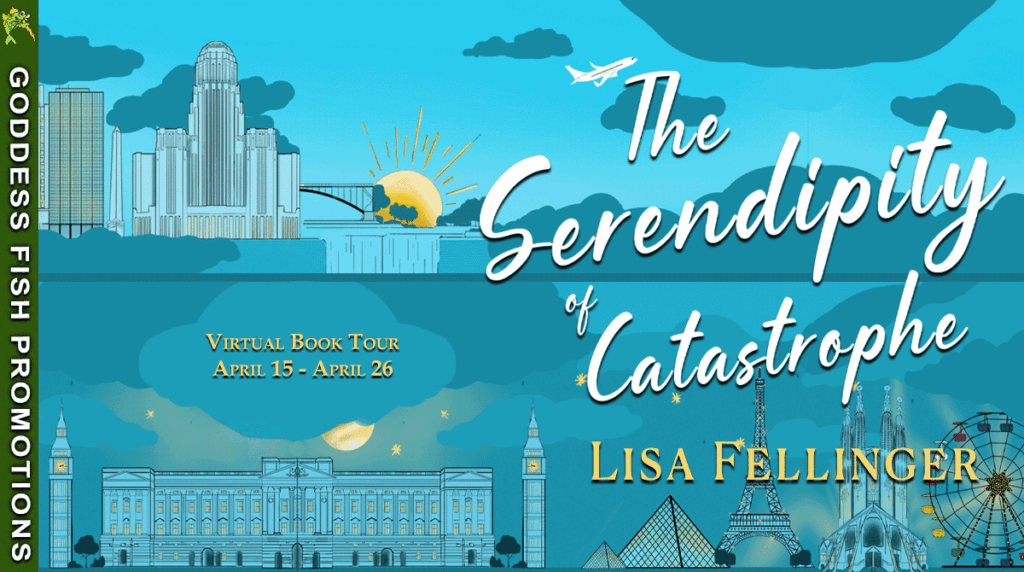
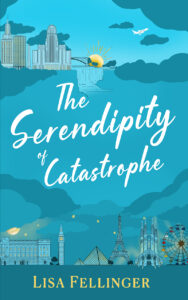 A mother defeated by anxiety. A daughter determined not to become her mother. Can one month in Europe reunite them?
A mother defeated by anxiety. A daughter determined not to become her mother. Can one month in Europe reunite them? Lisa Fellinger writes contemporary women’s fiction with lovably flawed, relatable characters. When she’s not writing her own stories, she’s helping others achieve their writing dreams as a book coach and developmental editor. She lives in Buffalo, New York with her husband, son, and fur babies.
Lisa Fellinger writes contemporary women’s fiction with lovably flawed, relatable characters. When she’s not writing her own stories, she’s helping others achieve their writing dreams as a book coach and developmental editor. She lives in Buffalo, New York with her husband, son, and fur babies.
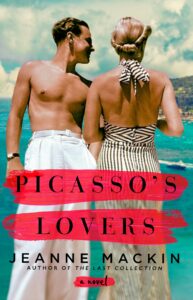 You know Pablo Picasso. Now meet the women behind the masterpieces. The women of Picasso’s life are glamorous and elusive, existing in the shadow of his fame – until, in the 1950’s, aspiring journalist Alana Olsen determines to bring one into the light and discovers a past complicated by secrets and intrique.
You know Pablo Picasso. Now meet the women behind the masterpieces. The women of Picasso’s life are glamorous and elusive, existing in the shadow of his fame – until, in the 1950’s, aspiring journalist Alana Olsen determines to bring one into the light and discovers a past complicated by secrets and intrique.

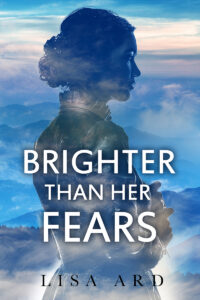 The 19th century women’s rights movement and the rise of public education intertwine with one woman’s story of struggle, perseverance, and love.
The 19th century women’s rights movement and the rise of public education intertwine with one woman’s story of struggle, perseverance, and love. Lisa Ard is the author of the new historical fiction novel Brighter Than Her Fears, which is based on her great-great-grandmother’s experience in 19th century western North Carolina. Her previously published children’s books include Fright Flight, Dream Team, and the Kay Snow award finalist Saving Halloween. When not writing, Lisa enjoys reading, hiking, golfing and sharing her love of history as a bike tour docent with the Palm Springs Historical Society. She and her husband live (and golf) in both Palm Springs and Portland, Oregon.
Lisa Ard is the author of the new historical fiction novel Brighter Than Her Fears, which is based on her great-great-grandmother’s experience in 19th century western North Carolina. Her previously published children’s books include Fright Flight, Dream Team, and the Kay Snow award finalist Saving Halloween. When not writing, Lisa enjoys reading, hiking, golfing and sharing her love of history as a bike tour docent with the Palm Springs Historical Society. She and her husband live (and golf) in both Palm Springs and Portland, Oregon.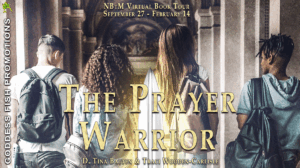
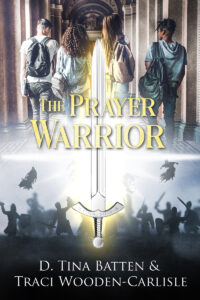 There is a thin line between the natural and the spiritual realm.
There is a thin line between the natural and the spiritual realm.